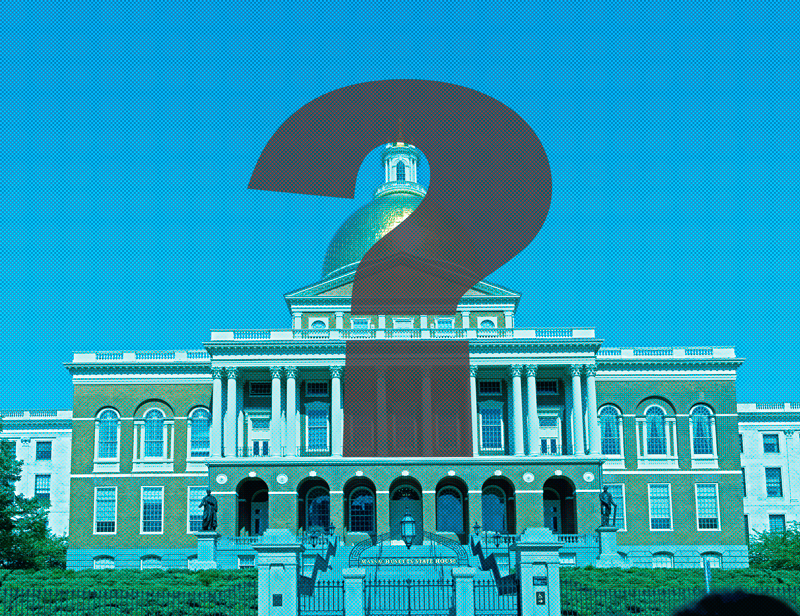
We all look forward to a substantive debate tonight between Democratic candidate Martha Coakley and Republican Charlie Baker. In that spirit I asked some of the smartest people I know – my colleagues at MassPoliticsProfs and at UMass Boston – for some debate questions. You’re welcome, Jim and Margery.
Professor Ubertaccio: What specific qualities do you want in your appointees in order to change management culture at places like DCF and other state bureaucracies?
How will your approach to relations with the Legislature be different from Deval Patrick's.
Professor O’Brien: Massachusetts preeminence in K-12 education is something the Patrick administration takes pride in and both of you are promising to continue this legacy. But what about higher education at state universities in Massachusetts? A report by Mass Budget finds that Massachusetts has cut funding at rates exceeding all but six states between fiscal year 2001-2013 -- upwards of 25% of funding streams have been cut. These costs are passed on to students in dramatic fashion – 92% or whom are MA residents and apt to stay in the Commonwealth. In all this talk of educational excellence, how is it that MA is so far behind the curve in funding higher education leaving our residents highly indebted and making it harder for them to finish school in a timely fashion?
Professor Duquette: Why did you choose to register and run as a Democrat/Republican and how should your party affiliation factor into voters’ decisions at the polls.
Professor Cunningham: Earlier this year Governor Patrick proposed legislation to ban non-compete agreements in technology, life sciences, and other industries to make it easier for workers to move and new companies to hire talent. If that kind of legislation reaches your desk as governor, will you sign it or veto it?
How do you assess the health of Massachusetts’ public pension system and what reforms do you propose for it?
Recent news stories about your campaign organizations indicate that each campaign is able to target voters using up to 5000 separate pieces of information about each of us. Are we data points, or are we citizens?
Professor Ellen Douglas of UMass Boston’s Department of Environmental, Earth and Ocean Sciences produced a report for the Boston Harbor Association predicting sea levels higher by up to two feet in 2050 and six feet by 2100. Among the locations at risk are Logan Airport, Boston Convention and Exhibition Center, Seaport World Trade Center, and the University of Massachusetts at Boston. Had Superstorm Sandy hit five and a half hours earlier, 6.6% of Boston would have been flooded, including City Hall. How can we use this narrow miss to become more prepared for such an event in Massachusetts?
Chuck Chakraborty, Professor of Finance at UMass Boston, passes on an important report on preparing our workforce. A 2012 McKinsey Global Institute Discussion Paper focused on five trends influencing employment:technology, the widening gap between the skills that employers seek and those the workforce has, geographic mismatches between where jobs are appearing and where they are needed most, growing pools of untapped talent, and disparity in income growth. How do we understand how work is changing and find ways to prepare workers for the jobs of the future?

